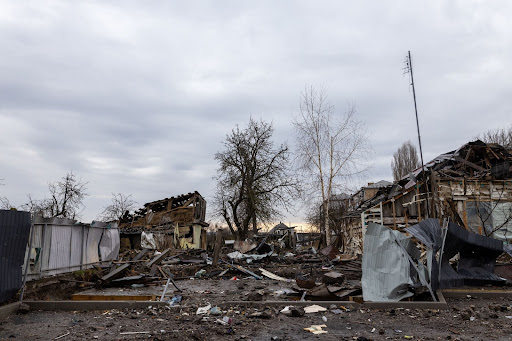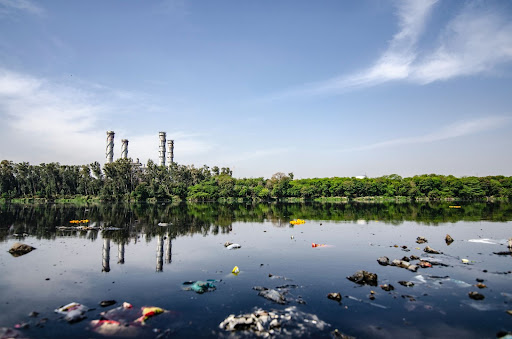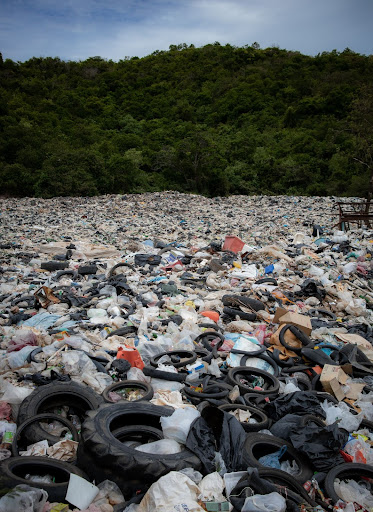Confronting the Injustices Behind Poverty on International Day for the Eradication of Poverty
Today, October 17, on International Day for the Eradication of Poverty, we call attention to the harsh reality of billions of people around the world living without access to a range of basic human necessities.
This year’s poverty eradication focus is “Decent Work and Social Protection: Putting Dignity in Practice for All,” which was selected to highlight the importance of universal access to decent work and social protection as a way to uphold human dignity for all people. This theme underscores why it is so important to support efforts to push for a living wage. Here in the US one important effort is the “Fight for $15” minimum wage. We need to support this and similar efforts globally. This also speaks to the importance of showing respect for all forms of work, reaffirming worker rights and the benefits offered by unions and the global labor movement.


In the United States, over 38 million people live below the poverty line, including more than 10 million children. In the US, poverty disproportionately impacts communities of color, with 19.5% of Black Americans and 15.7% of Hispanic Americans living below the poverty line compared to 7.8% of white Americans. These disparities result from discriminatory policies and practices deeply embedded within our society.
Poverty lies at the heart of hunger. Low incomes and lack of worker protections trap families in material hardship, forcing impossible tradeoffs between food, housing, healthcare, and other basic needs. Poverty is a condition our global society enables and perpetuates which means we have the ability to end it. Curbing poverty’s impacts means expanding nutrition aid, healthcare access, fair wages, and workers rights while dismantling systemic discrimination.
The push for a $15 minimum wage is a fight for economic justice. With the cost of living rising, a $15 hourly wage would help lift workers out of poverty, stimulate spending, and address inequality. In the US, the federal minimum wage remains stagnant at $7.25. This has significant implications for many workers including farm and food system workers who often struggle with food insecurity and poverty given their low wages and challenging working conditions.
In addition to efforts in the US to push for a living minimum wage, a similar campaign is also critically needed globally. While economic indicators vary from country to country, there must be a way to monitor cost of living metrics so that we can move towards creating a livable wage for all workers globally.
At Food First, we recognize that poverty stems from systemic failures embedded deep within our economic and social structures. Poverty is perpetuated by financial systems that concentrate wealth and power among a small group of people, while exploiting vulnerable workers. Discriminatory policies restrict access to healthcare, education, nutrition, and pathways out of poverty. The lack of living wages keeps families trapped in an endless cycle of hardship. Other factors such as conflict, climate change, ineffective or unstable governments, and lack of adequate infrastructure, add complexity to the systemic issues that cause poverty.

On this day, Food First reaffirms our commitment to dismantling the root causes of inequality that leads to poverty globally. We stand firmly in support of economic justice everywhere. We recognize the vital role of unions and worker rights protections in uplifting society’s most marginalized. We advocate for trade policies grounded in solidarity, not exploitation.
Above all, we believe in the inherent worth and dignity of all people – regardless of income, race, gender, or any demographic category. Our society rises when we affirm the humanity in each person. Food First joins like-minded people, partners, donors, organizations, and governments in using this day to rededicate ourselves to combating and one day eradicating poverty for all.
